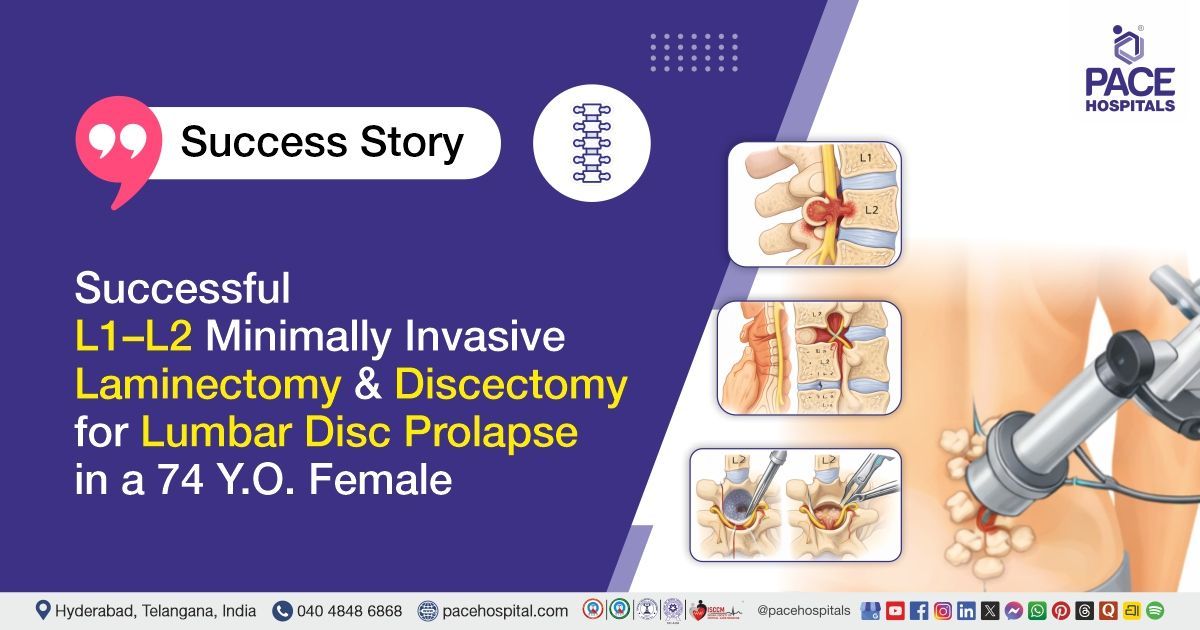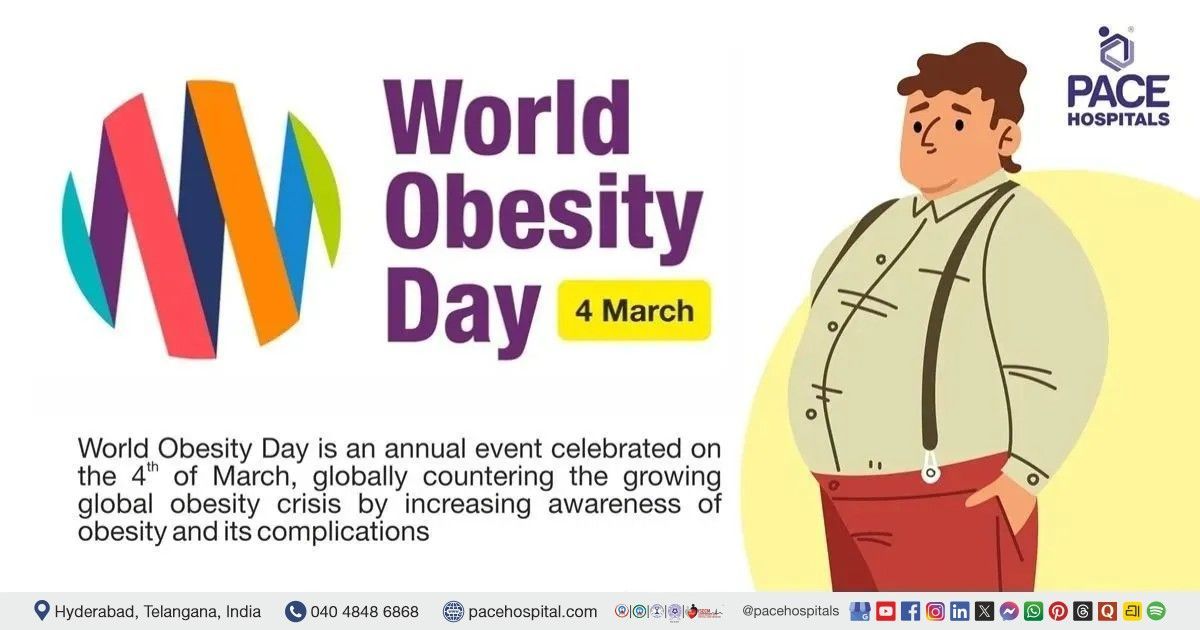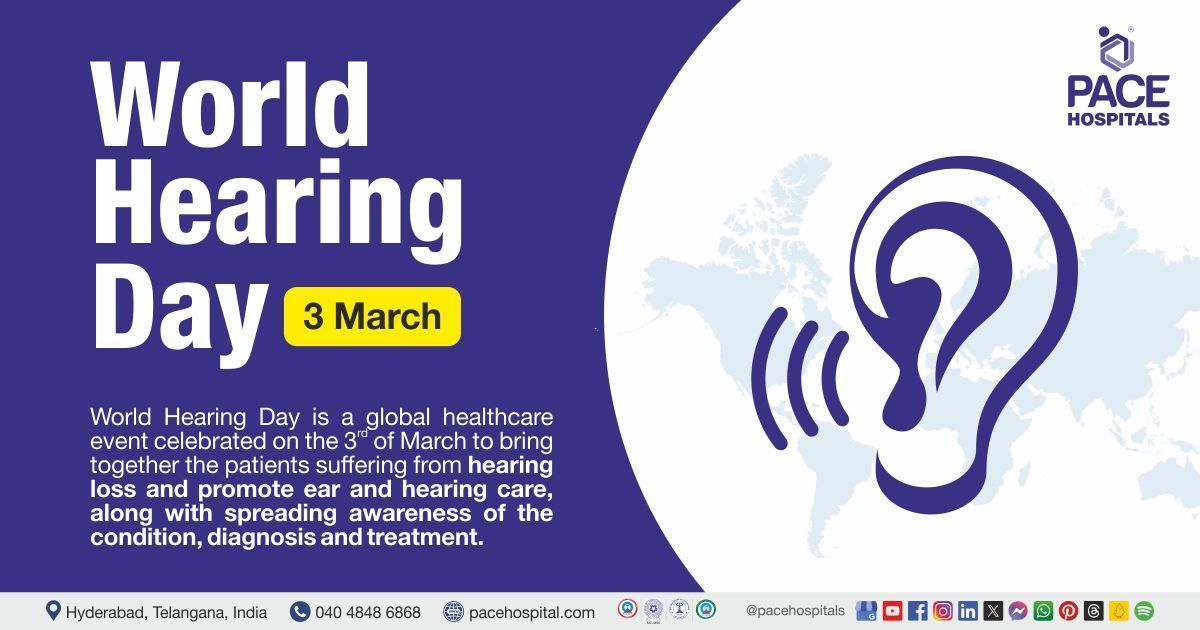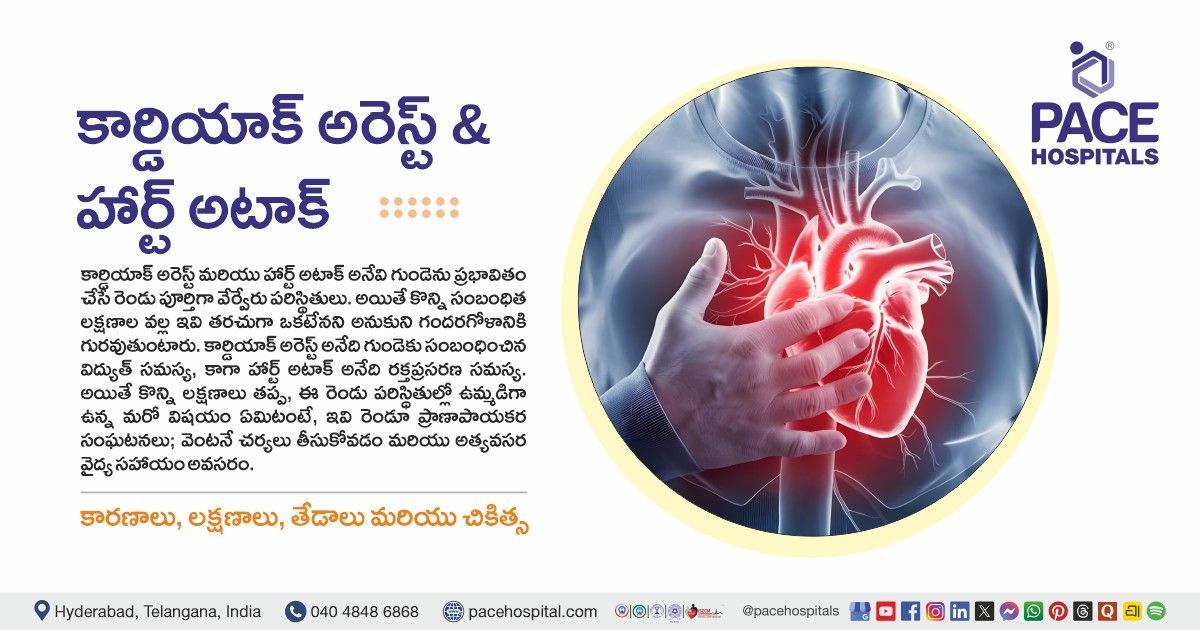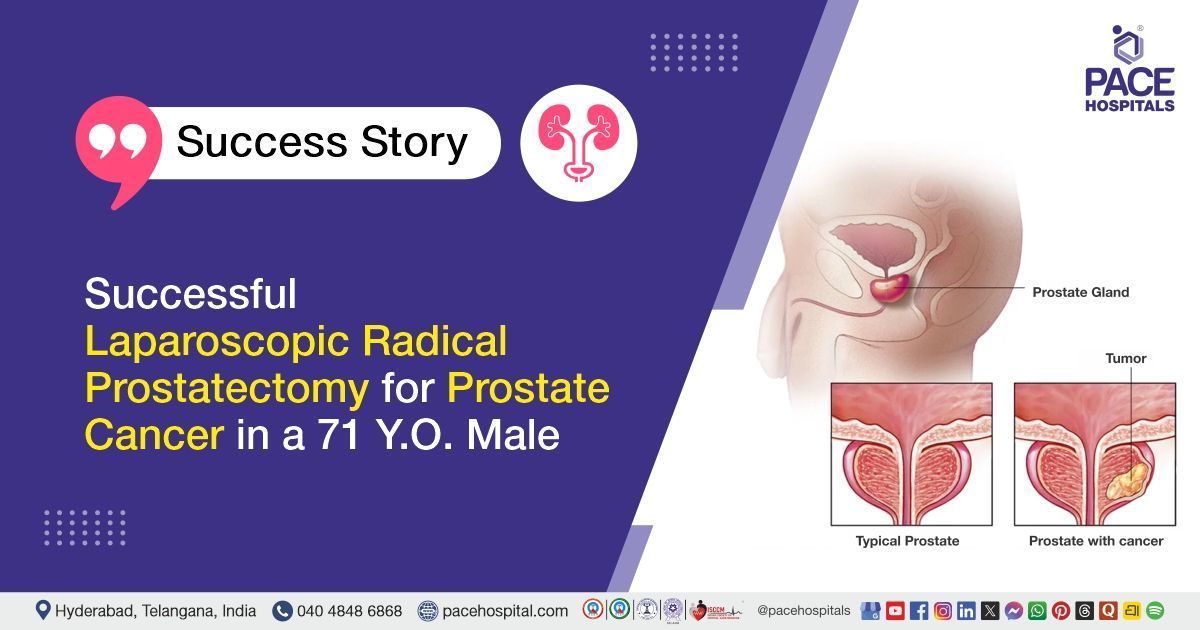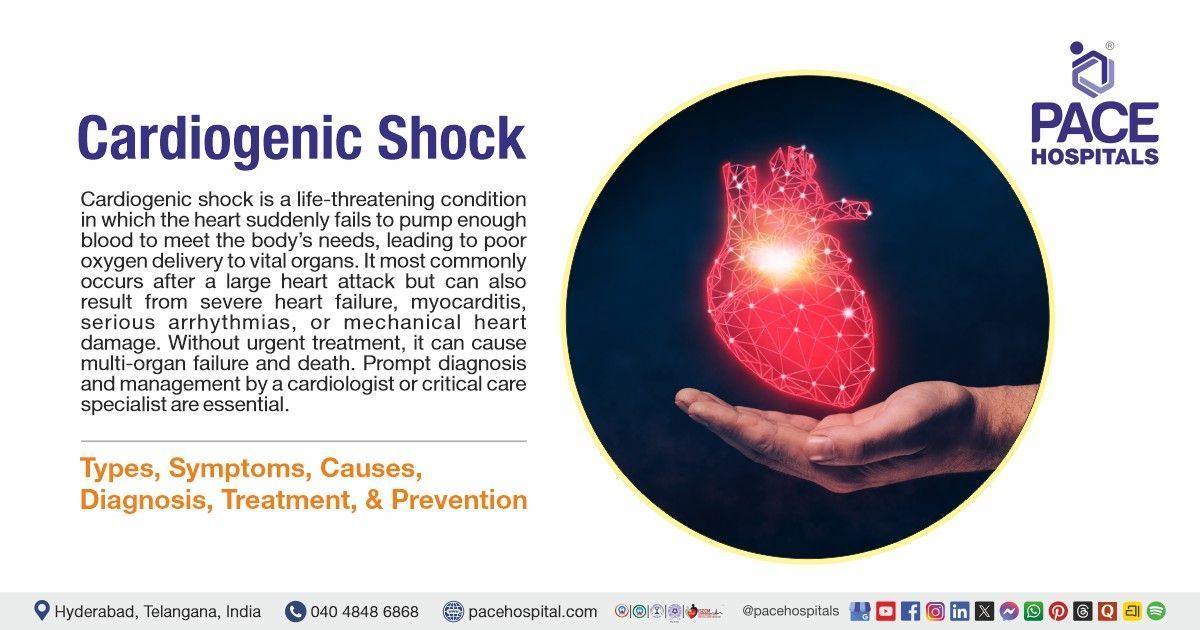Restoring Bladder Function: A Case of Augmentation Ileocystoplasty with Bladder Neck Repair
PACE Hospitals
PACE Hospitals' Urology team successfully performed a Cystoscopy, augmentation ileocystoplasty, and bladder neck repair for a 25-year-old male with urinary incontinence, narrow urethra, open bladder neck, and small capacity bladder.
A 25-year-old male patient with complaints of urinary incontinence (unintentional passing of urine) and severe storage lower urinary tract symptoms (LUTS) was presented to the consultant laparoscopic urologist, Dr Abhik Debnath, at PACE Hospitals, Hitech City, Hyderabad.
Medical History
Delving further, it was understood that the patient had complaints of urinary incontinence (unintentional passing of urine) and severe storage lower urinary tract symptoms (LUTS) which led to his admission to the PACE Hospitals for additional care and management. The patient had undergone surgical correction for exstrophy (a congenital condition that affects a baby's urinary system) in childhood at the age of 1 year. He had no known drug allergies.
Diagnosis
Upon being admitted to PACE Hospitals and understanding the history and physical examination, the patient was subjected to a
urodynamic study which showed urinary incontinence at low filling volumes. Evaluating the diagnostic investigations, the patient was diagnosed with four conditions they are Urinary incontinence (lack of bladder control), narrow urethra, open bladder neck, and small capacity bladder.
Treatment
After consultations with the team of consultant laparoscopic urologists- Dr. Abhik Debnath, it was determined that cystoscopy, augmentation ileocystoplasty, and bladder neck repair surgery were the effective methods for treating the patient.
Cystoscopy is a surgical procedure. In this patient, this is the first thing done to examine the bladder and urethra with a thin, lighted tube. Then augmentation ileocystoplasty is done, which is a surgical procedure for enlarging the bladder with the ileal segment in patients with small capacity bladder.
And also, appendicular mitrofanoff (continent catheterisable channel) surgery is done in which a tube is created from the appendix or small intestine that connects the bladder to the skin's surface. It is tunneled into the bladder to form a 'valve' that prevents urine leakage. The catheter isn't left in place permanently. Instead, it is inserted into the bladder every three to four hours or when full. After draining the urine and mucus, the catheter is withdrawn.
One day before the cystoscopy surgery, urologist performed a complete blood picture (CBP), viral screening spot, blood grouping, complete urine examination, random blood sugar, serum creatinine, serum electrolytes, prothrombin time, activated partial thromboplastin time and liver function tests (LFT) to look for abnormalities.
Performing these investigations before the surgery ensures that the urologists have a comprehensive understanding of the patient's condition and anatomy, which guides them in performing the surgery effectively and helps reduce the risk of complications.
With necessary investigations done & clearances obtained including pre-anesthesia checkup, the patient underwent a cystoscopy first under general anesthesia, and after 3 days, augmentation ileocystoplasty, and bladder neck repair surgery was performed under general anesthesia. The procedure was supervised by the consultant laparoscopic urologist - Dr. Abhik Debnath, and it was accomplished without of any complications.
Aftermath
The post-operative period was uneventful. Bladder saline washes were given from post-operative day 4 onwards daily. Per urethral Foley's catheter (a thin, flexible catheter to drain urine from the bladder) was removed on day 6. Ureteric catheters and wound staples were removed on day 12. The drain was removed on day 14. The necessary medicines, antibiotics, multivitamins, analgesics, antipyretics & alkalizing agents, antimuscarinics, proton pump inhibitors, and other supportive care were given along with counselling. The patient was discharged upon achieving hemodynamic stabilization, with a suprapubic catheter (SPC) and mitrofanoff tube in situ, with the necessary medications, and advised to continue routine medications and, a high protein diet. The patient was advised to consume plenty of fluids (4 liters per day).
The patient was also instructed to contact PACE Hospitals at once in case of fever, abdominal pain, or vomiting. After 1 week, the patient was asked to get a review by Dr. Abhik Debnath in the urology outpatient department (OPD).
Urodynamic Evaluation of Narrow Urethra and Urinary Incontinence
Urodynamic studies (UDS) refer to a set of tests that check how well the parts of the lower urinary tract, such as the bladder, sphincters, and urethra, are working to store and release urine. Most urodynamic tests focus on how well the person's bladder can hold and empty urine, and they also show if there could be blockages and whether the bladder is contracting when it is not supposed to, causing a leak of urine. A urologist may recommend urodynamics or urodynamic testing if a person has urine leakage, painful urination, frequent urination, sudden, strong urges to urinate, problems emptying the bladder completely, problems starting a urine stream, have repeated urinary tract infections.
Urodynamics helps find the cause of problems related to urine leaks or controlling the urine, weak urine flow, bladder not emptying completely, the need to urinate too often, the urge to urinate suddenly, and urine flow stopping and starting. Urodynamic studies include many tests such as uroflowmetry, cystometry, electromyography, pressure flow study, etc. Uroflowmetry is a test that is used to measure the flow of urine. Cystometry measures the pressure inside the bladder as it is being filled. Electromyography measures the activity of the pelvic floor muscles. A pressure flow study is used to simultaneously to measure the pressure inside the bladder and urine flow while urinating.
Share on
Request an appointment
Fill in the appointment form or call us instantly to book a confirmed appointment with our super specialist at 04048486868


